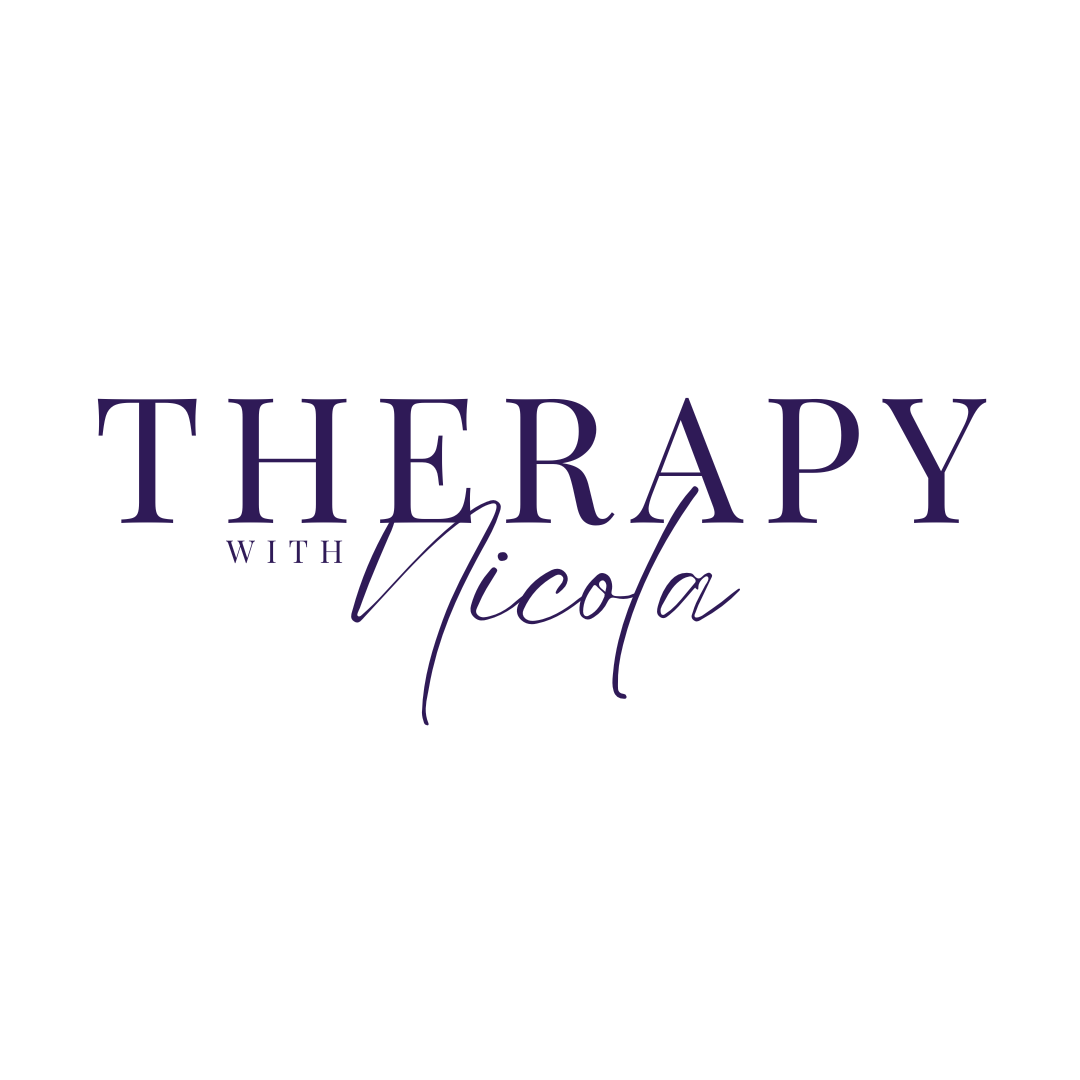September Reset: Why Starting a Journal Today Can Boost Your Mental and Physical Well-Being
In the hustle and bustle of modern life, where it feels like we're constantly juggling work, family, and countless personal commitments, finding simple yet effective ways to improve our well-being is more important than ever.
One of the easiest and most impactful practices you can adopt is journaling.
Just a few minutes each day spent putting your thoughts and feelings onto paper can offer remarkable benefits for both your mind and body.
Let’s dive into how journaling can enhance your health, uncover the science behind its effects, and provide you with practical tips to help you start and maintain this rewarding habit.
How Journaling Boosts Your Well-being
Journaling isn’t just about recording daily events—it's a powerful practice that can greatly enhance your mental and physical health. Here’s a closer look at how it works:
Mental Health Benefits of Journaling
Journaling is a fantastic tool for processing and understanding your thoughts and emotions. Here’s how it can help:
Clarify Your Thoughts: Writing down your thoughts helps to untangle them, giving you clearer insights and a better understanding of what’s going on in your mind.
Manage Stress and Anxiety: Journaling provides a safe space to explore and express your feelings, which can help reduce stress and anxiety.
Boost Self-Awareness: By reviewing your journal entries regularly, you can track your progress, identify patterns in your behaviour, and foster personal growth.
Physical Health Benefits of Journaling
The positive effects of journaling extend beyond your mental well-being:
Reduce Stress: Chronic stress can weaken your immune system. Journaling helps lower stress hormones, which can improve your immune function and overall health.
Improve Heart Health: Regular journaling is linked to lower blood pressure and heart rate, contributing to better cardiovascular health.
Enhance Sleep Quality: By reducing stress and anxiety, journaling can lead to better sleep, helping you feel more rested and refreshed.
The Science Behind Journaling
Understanding the science behind journaling can motivate you to make it a daily habit.
How Journaling Affects Your Brain
Journaling engages the prefrontal cortex, the part of your brain responsible for critical thinking and decision-making. This can lead to:
Enhanced Mental Clarity: Regular writing helps clear your mind, improving focus and cognitive function.
Emotional Regulation: Journaling can help manage your emotions by reducing the activity of the amygdala, the brain’s emotional centre, which helps decrease anxiety and stress.
Physical Effects of Journaling
Journaling also has tangible physical benefits:
Reduced Muscle Tension: Expressing your emotions through writing can help alleviate physical tension in your body.
Lower Heart Rate and Blood Pressure: Journaling as a form of emotional release contributes to overall relaxation and better physical health.
Effective Journaling Techniques
To make the most out of journaling, try incorporating these techniques:
Gratitude Journaling
Each day, write down things you’re grateful for. This practice shifts your focus to the positives in your life, enhancing your mood and overall well-being.
Emotional Release Journaling
Use your journal to freely explore and express your emotions. This technique allows you to articulate your feelings, leading to relief and clarity.
Tips for Starting and Sticking with a Journal
Starting a journal is straightforward, but keeping up with it can be a challenge. Here are some tips to help you:
Choose the Right Journal
Pick a journal that feels right for you, whether it’s a beautiful notebook or a convenient digital app. Make sure it’s something you look forward to using.
Establish a Routine
Set aside a specific time each day for journaling. Whether it’s first thing in the morning or last thing at night, find a time that works for you and stick to it.
Overcome Common Challenges
Writer’s Block: If you’re stuck, start by writing about your day or your current emotions. Don’t stress about making it perfect; just let your thoughts flow.
Staying Consistent: Begin with short, manageable sessions and gradually increase the time. Experiment with different journaling styles to keep the practice fresh and engaging.
Journaling is a simple yet incredibly effective tool for improving your mental and physical health. By integrating this practice into your daily routine, you can enhance self-awareness, reduce stress, and boost your overall well-being.
So why wait? Start your journaling journey today and experience the positive changes it can bring to your life.
I am extremely proud to introduce a Unique Journal to Boost Your Mental Health and Personal Growth
Mind Matters is a journal that blends together the journalling techniques of brain dumping, gratitude, habit checking, prompted journalling alongside CBT thought journalling.
This unique Journal has something to offer everyone.
This journal is packed with exercises, visual prompts and activities to help you regulate your emotions, establish healthy routines, shift negative mindsets and cultivate positive thought patterns. It's a great way to build self-awareness, track personal growth, and practice gratitude and self-love.
Here's what you'll find inside:
Daily gratitude and affirmations to promote positivity
Interactive exercises and mindfulness activities inspired by psychology
Self-reflections to track your progress
Check-ins to evaluate your mind, body and spirit
This CBT journal will be a helpful tool for anyone looking to improve their mental health. By identifying and challenging negative thoughts, and by tracking and changing unhelpful behaviours, you can start to feel better and live a more fulfilling life.
Consider this journal as your personal guide to establish a healthier relationship with yourself and others.
“The best self-help book is the one that you write for yourself”
8 Weeks of Mindset Transformation
8 Areas of Self-Development:
Wellness
Unhelpful Thoughts
Emotions
Motivation
Self Doubt
Stress
Relationships
Manifesting a Meaningful Life
40 Activities for Self-Discovery
320 Pages of Reflection
“This is your unique journey”

